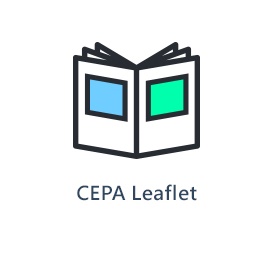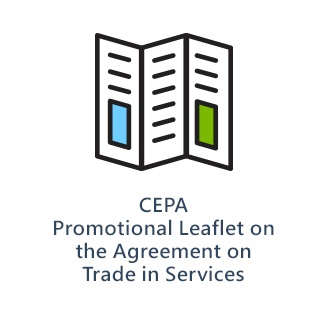Mainland and Hong Kong Closer Economic Partnership Arrangement (CEPA)
What is CEPA?
The Mainland and Hong Kong Closer Economic Partnership Arrangement (CEPA) is the first free trade agreement ever concluded by the Mainland of China and Hong Kong. The main text of CEPA was signed on 29 June 2003.
CEPA opens up huge markets for Hong Kong goods and services, greatly enhancing the already close economic cooperation and integration between the Mainland and Hong Kong.
CEPA adopts a building block approach, and the two sides have been working closely to introduce further liberalisation measures continually. The agreed liberalisation measures for various phases of CEPA are stipulated in the CEPA Legal Text.
CEPA is a win-win agreement, bringing new business opportunities to the Mainland, Hong Kong and all foreign investors. For Hong Kong, CEPA provides a window of opportunity for Hong Kong businesses to gain greater access to the Mainland market. CEPA also benefits the Mainland as Hong Kong serves as a perfect "springboard" for Mainland enterprises to reach out to the global market and accelerating the Mainland's full integration with the world economy. Foreign investors are also welcome to establish businesses in Hong Kong to leverage on the CEPA benefits and join hands in tapping the vast opportunities of the Mainland market.
Implementation
CEPA covers 4 broad areas:
Trade in goods - All goods of Hong Kong origin can enjoy zero tariff preference upon importation into the Mainland, upon the CEPA rules of origin (ROOs) being met and each consignment of goods exported to the Mainland is accompanied by a Certificate of Origin - CEPA (CO(CEPA)). To deepen the liberalisation and facilitation of trade in goods between the two sides, the Agreement on Trade in Goods has included four dedicated Chapters on "Customs Procedures and Trade Facilitation", "Sanitary and Phytosanitary Measures", "Technical Barriers to Trade" and "Trade Facilitation Measures in the Guangdong-Hong Kong-Macao Greater Bay Area".
Trade in services - Hong Kong service suppliers enjoy preferential treatment in entering into the Mainland market in various service areas. The Mainland and Hong Kong have also signed a number of agreements or arrangements on mutual recognition of professional qualification and mutual exemption of examination papers.
Investment - Hong Kong investors enjoy preferential treatment in non-services sectors in the Mainland. The Investment Agreement also promotes and protects investment, and provides for investment facilitation.
Economic and Technical Cooperation - Both sides agreed to enhance cooperation in 22 areas to cater for the trend and support the development and cooperation, as well as to facilitate and promote trade and investment between the two places.











